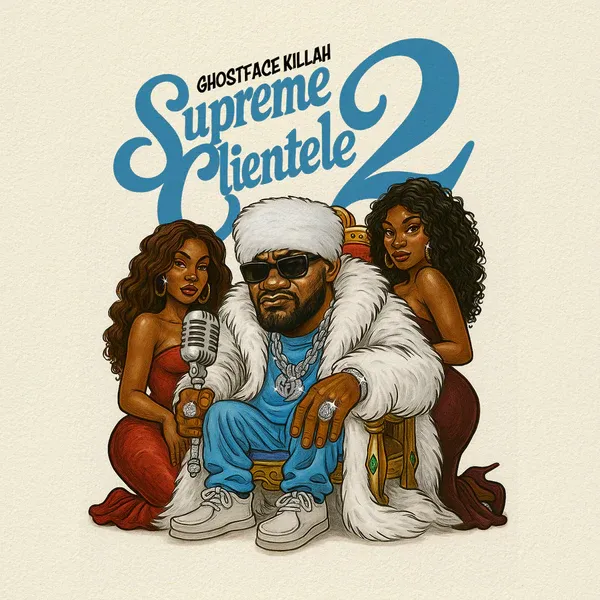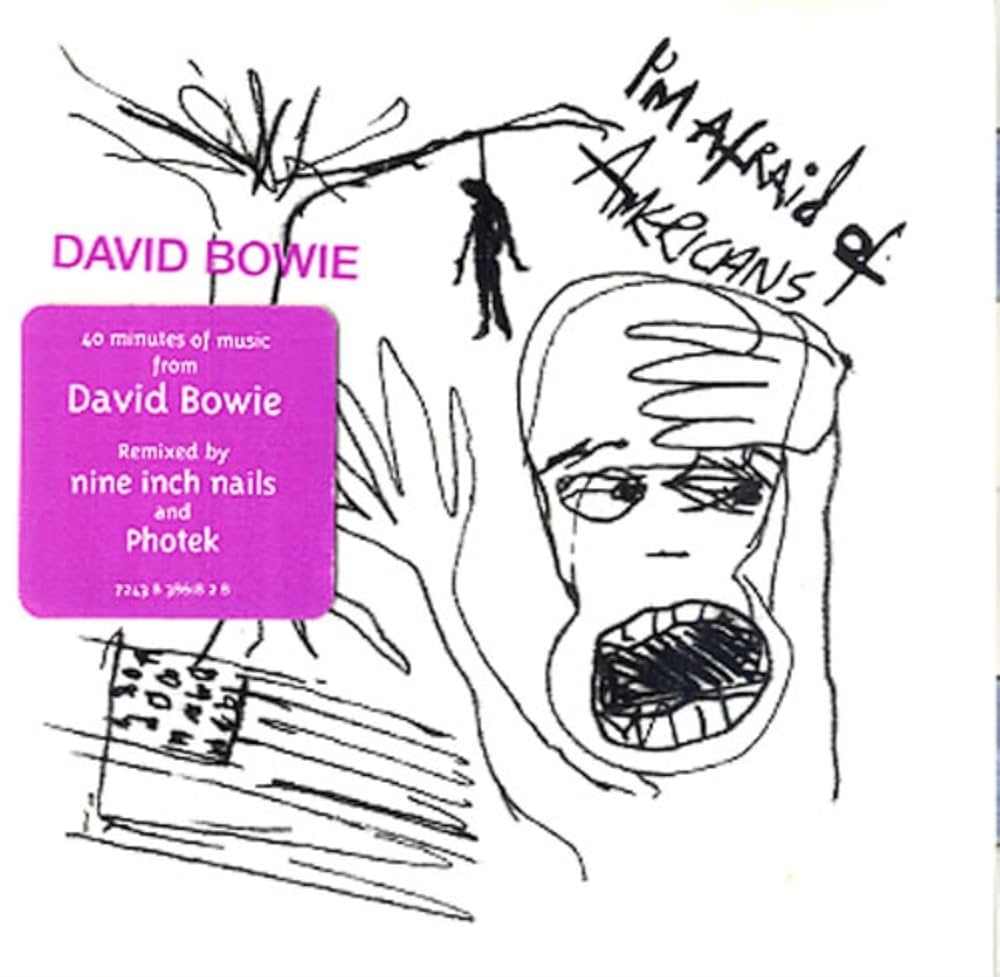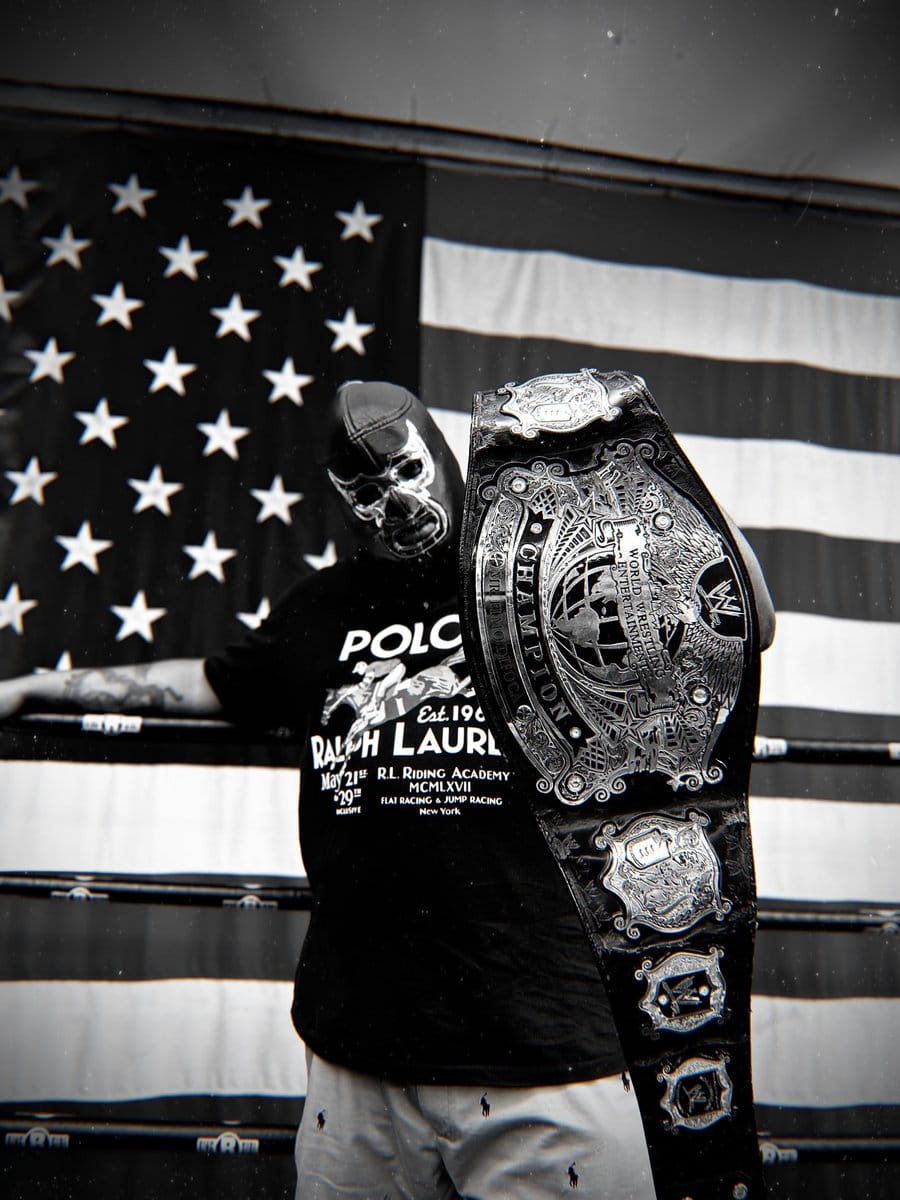The Thing About Ghostface Killah's 'Supreme Clientele 2'
The Wu-Tang Clansman's long-awaited solo sequel to his 2000 masterpiece woefully misses the mark.

Hollywood's intellectual property obsession typically manifests in one of two ways. The first comes when something "new" works, be that a family-friendly video game adaptation, the opening salvo in a comic book superhero arc, or the rare genuine original on the big screen. In all of these cases, the rush to capitalize on that success turns gluttonous in scope, with direct sequels and side-quests subsequently developed with the intent of squeezing every last ounce of marrow from the IP beast.
Take, for instance, John Wick. The well-done B-movie did far better at the box office than your typical action flick with an aging star on the marquee. But 50-year-old Keanu Reeves, seasoned stuntman-turned-director Chad Stahelski, and screenwriter Derek Kolstad took their modestly-budgeted, gloriously violent feature to unexpected heights, making some $86 million at the global box office. While that's nothing compared to the Marvel Cinematic Universe, where even the financial flops generate nine-figures in ticket sales, the relatively low cost of making John Wick made that sum too profitable not to try and replicate.
So, in the nearly eleven years since it debuted, audiences have been served three sequels, a televised prequel mini-series clumsily called The Continental: From the World of John Wick, no fewer than two video games, and this summer's theatrical spin-off Ballerina. But if you think for one second that the studio executives are in any way done with Reeves' master killer or the world in which he slays, you're sorely mistaken. A fifth John Wick film is in development, with even more movies and TV shows about adjacent characters underway.
Even beyond Ballerina, this cinematic summer has offered examples of such IP abuse. Jurassic World, itself a world-building revisitation of the original Jurassic Park trilogy, unleashed its fourth volume (cynically dubbed Rebirth) in July, making it the seventh proper movie in the wider saga and assuredly not the last. One franchise already on its eighth installment is Mission: Impossible, which presented its to-be-continued Dead Reckoning Part One conclusion with late May's The Final Reckoning. Even if 63-year-old megastar Tom Cruise ceases to play Ethan Hunt ever again (doubtful), expect a continuation of the M:I story with another actor taking up the mantle or otherwise moving things forward with audacious stunts and ludicrous plots.
Less egregious than those two, though admittedly still early in its potential creative strip mining, Nobody 2 hit theaters scarcely a week-and-a-half ago. A sequel to the 2021 Bob Odenkirk vehicle, in which the Better Call Saul star plays an ex-government assassin, it (like its predecessor) was written by the aforementioned John Wick scribe Mr. Kolstad and has already made back its somewhat higher production budget at the box office, making the likelihood of further expansion almost inevitable.
Yet while the flaws of that approach are manifold, with the threat of diminishing returns and audience fatigue always looming, it is still preferable to the second way in which the entertainment industry commonly exploits IP–reviving old franchises. Some of the above are guilty of that, or at least were at some stage of their metastasis. Continuations and reboots, with only tenuous, fan service styled connections to the original movie or TV show, tend to more volatile and risky endeavors. After all, nostalgia for what once was can hold a powerful, rent-free space in someone's mind, with certain aspects feeling altogether sacred. This emotional vice grip includes an innate desire by the viewer for the contemporary brand extension not to feel like a brand extension.
It is in this particular place where we find Ghostface Killah and Supreme Clientele 2.
On some level, dropping a sequel some two and a half decades after an acclaimed, deified original is some straight-up auteur shit. And in hip-hop history, few albums truly bear the enduring mark of a universally admired, all-time classic like 2000's Supreme Clientele. It is, to the genre, what director Sir Ridley Scott's 1979 masterstroke Alien is to sci-fi and horror, an undeniable part of the wider canon yet so unique in its execution and cultural impact that it surpasses nearly all that came before–and much of what came afterwards. While that film had no shortage of Hollywood follow-ups, with the likes of James Cameron and David Fincher assuming the chair, Scott himself didn't properly return to the franchise as director until 2012's Prometheus and 2017's Alien: Covenant, the pair comprising an in-universe prequel diptych. But without Sigourney Weaver's iconic Ellen Ripley in the lead, and with quite a few structural and narrative faults of their own to contend with, neither motion picture is held in such high regard.
This, too, is the inherent problem with Supreme Clientele 2. The conspicuous absence of The RZA here, either as a producer or a vocalist, casts preemptive, presumptive doubt upon the entire premise of this as the long-awaited follow-up to an album that embodies the Wu-Tang Clan's definitive period. Can it really be that none of the beatmakers behind the full-length that transformed GFK from Shaolin standout to a truly viable solo artist reprise their roles here? It would appear so.
When his Wu brother Raekwon opted to give Only Built 4 Cuban Linx... a second part, he too didn't reach for RZA beats despite the first one's heavy reliance on The Abbot's grainy kung-fu aesthetics, with only "New Wu" bearing his imprimatur. Despite the 14-year wait, it ended up being one of The Chef's best reviewed albums, a redemptive moment for the mafioso rap don after less-than-warm receptions for OB4CL's successors Immobilarity and The Lex Diamond Story. It reached No. 4 on the Billboard 200, as had the original. In addition to his masterful lyricism, the 2009 project benefitted from producers like J Dilla, Pete Rock, and The Alchemist in the ranks, alongside Wu affiliates Mathematics and True Master. Some 16 years have passed, and it's safe to say that far, far fewer are checking for that album in the way they still check for the 1995 classic.
There's that damned word again–classic. It is a curious curse on the head of the creative, the near-impossibility of topping or toppling one's most beloved work of art. In GFK's case, he already had something he needed to outshine prior to Supreme Clientele's release, his 1996 solo debut Ironman, plus the first two Wu-Tang Clan albums. He did just that in 2000, but both his artistic and commercial prospects dipped the following year with Bulletproof Wallets. Coming scarcely a month after the September 11 terror attacks, and amid a time of considerable change in hip-hop tastes, it didn't hit the way he'd likely anticipated. (If he had called that album Supreme Clientele 2, it might've made sense.) Then came the Def Jam era, in which The Pretty Toney Album and Fishscale brought him back to the Billboard 200's top ten and showcased his star power. But after the R&B boondoggle of 2009's Ghostdini: Wizard of Poetry in Emerald City inadvertently showed his limitation, he'd never be the same again.
The temptation to make and release something called Supreme Clientele 2 no doubt had to be immense and pervasive. Even with his apparent wealth and secure status as a rightful hip-hop great, GFK must know he wasn't coming close with his 2010s run, apart perhaps from those Adrian Younge collabs. Linking with Mass Appeal for last year's Set the Tone (Guns & Roses), the 55 year old looked absolutely bored on the cover, and sounded unmotivated on the guest-reliant set. If a comeback mattered to him, really on any level at this legacy stage in his remarkable career, dropping a sequel to his classic might've been the only way.
So then why does Supreme Clientele 2 lack just about all the hallmarks of the album it follows? Sure, there are callbacks, in the form of samples and a recurring motif around the felonious "Clyde Smith" character Knuckles, a Raekwon device that shot back at 50 Cent's "How To Rob." Yet even beyond the production choices, which to its credit includes ones by Scram Jones and 4th Disciple, he's simply not rapping like that anymore. Coming after a peculiarly straightforward intro by Redman, the opening swells and we-back-at-it-again boasts for "Iron Man" suggest we're about to get into that energetic, volatile flow and virtuosic verbal stream. To be fair, that stream does contain some fly lines about Ronald Reagan dope baggy stamps, vanilla-cream wallabees, and "Swahilian mops," but the strain on his voice is apparent.
GFK eases into a more comfortable vocal range on the M.O.P.-aided "Sample 420" and steps up admirably for the agile "Windows." He sounds especially fine on the one-verse wonder "4th Disciple," named for its producer but thematically closer to a cocksure The Big Doe Rehab cut in practice. The sweet science behind "Rap Kingpin" transforms every boisterous bar into a jab or uppercut, while "Metaphysics" harkens back to 2004 with a self-aware yet sly showcase. Another highlight, "George Porgy" reaffirms his bonafides with stash house storytelling with violent details as riveting as ever. These are reminders that, after all these years, he is still a commanding, superb emcee with plenty of wit and wisdom to offer his fans.
Unfortunately, the outsized idiosyncrasies of the o.g. Supreme Clientele, its lyrics so deep in street mystique and acrobatic metaphor twists, don't ever really resurface, a sobering fact even a decade or so after hearing that aspect of his repertoire depart. The stunt casting of Dave Chappelle and Quiet Storm legend Lenny Green can't make up for that, nor the scattershot albeit solid features by Conway The Machine, Styles P, or Nas. Even the Wu-infused gestures like GZA's entertaining verse on "The Trial" or the brotherly love emanating from Method Man's half of "You Ma Friend" doesn't change the reality. Despite technically being GFK's best album since 2013's giallo soul mash-up Twelve Reasons To Die, his Supreme Clientele 2 simply doesn't rise to meet the moment.


Three new tracks to snack on...
Estee Nack & V Don, "Colder (feat. Ty Da Dale)"
AJ Suede, "Don't You Go Hollow"
Bloo Azul & Spanish Ran, "Handsome Dan"





